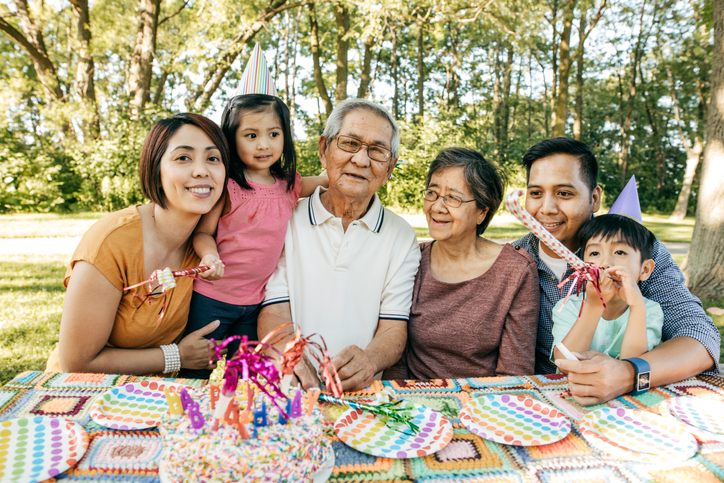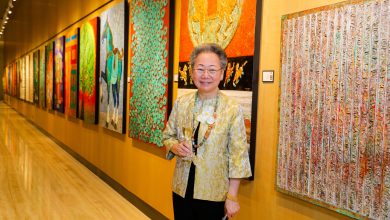For many Filipinos in the Philippines and even here in the UAE, it’s not a surprise at all to see extended families living together and supporting each other as this has been their way of life since they were born.
A study by Chara Shoope published at the Cultural Atlas shares that one thing that Filipino families have in common no matter where they are in the world is finding ‘three generations living together’, each with their respective roles.
“Often, grandparents play a large role in raising their grandchildren. Extended family will often live relatively close to one another and will come together during large celebrations,” said Shoope.
Transnational Filipino Families
Since the influx of Filipino labor towards other countries beginning in the 1970s, Filipinos have since spread out far and wide towards different nations around the world, with many families being left behind to take care of each other – which is why many kids end up being ‘lola or lolo’s boy/girl’, where many kids grew up with their grandparents since their parents were working overseas.
In an article published at LookUpgrade, it pinpointed several pros and cons of living in an extended family. Advantages included having stronger family ties and a more reliable support network when it comes to emotional, financial, and moral support – especially when it matters most. However, it also has some disadvantages increased expenses, privacy issues with each family member, spoiled children, and others.
However, the LookUpgrade article likewise agreed with Shoope’s findings that it all boils down to the importance of the role that each family member plays for them to bond and grow together: “The extended family in the Philippines is bonded with courage and love with each member include with grandparents, parents, aunts and uncles, siblings and relatives. Filipinos believe that each member of the family has a duty to serve, protect and support their family. The oldest Filipino then passes on that belief to the youngest one.”




